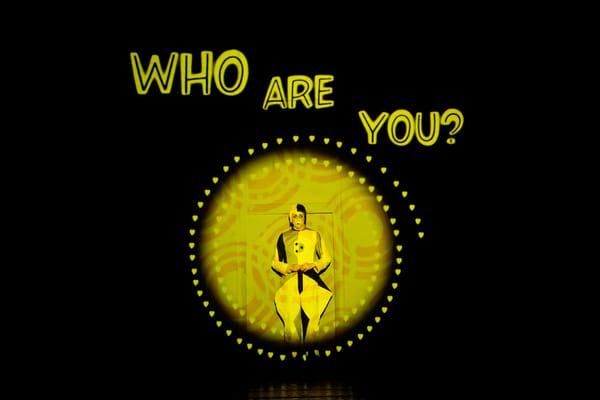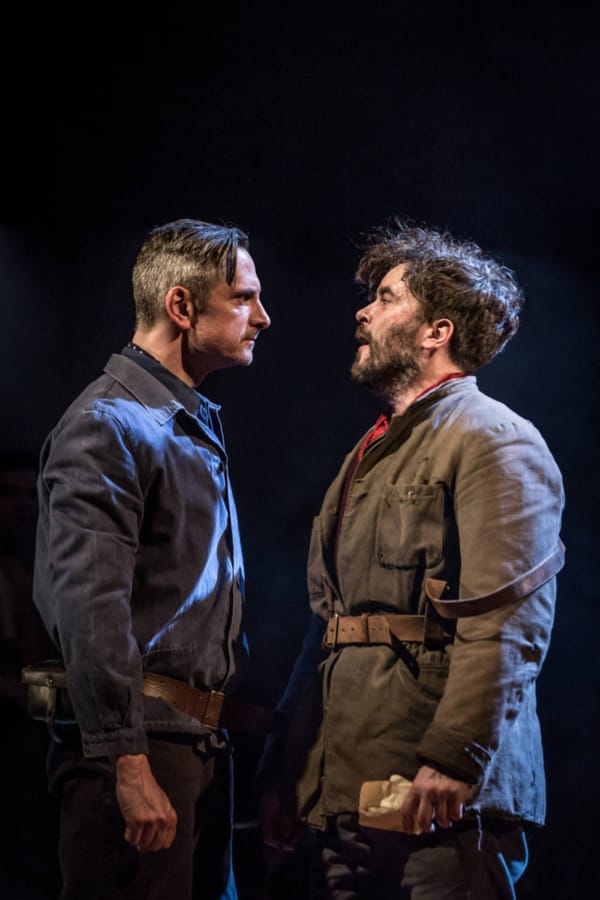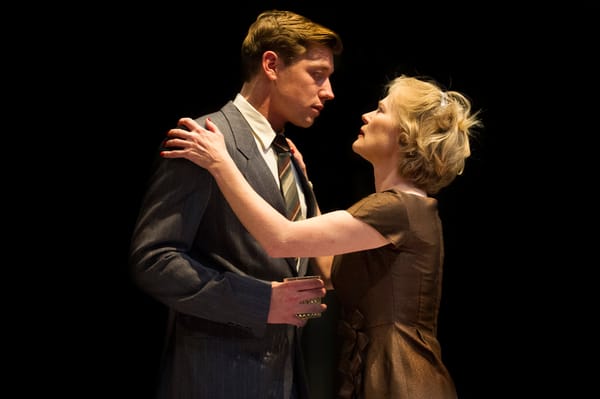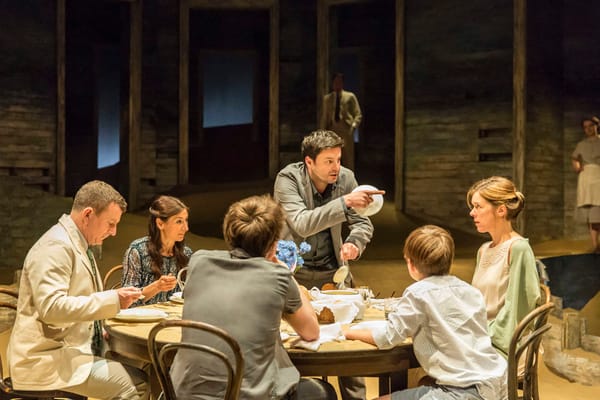An Operatic Romp through 60s Italy
Clara Clark Nevola is taken on a journey to the fun side of the ROH
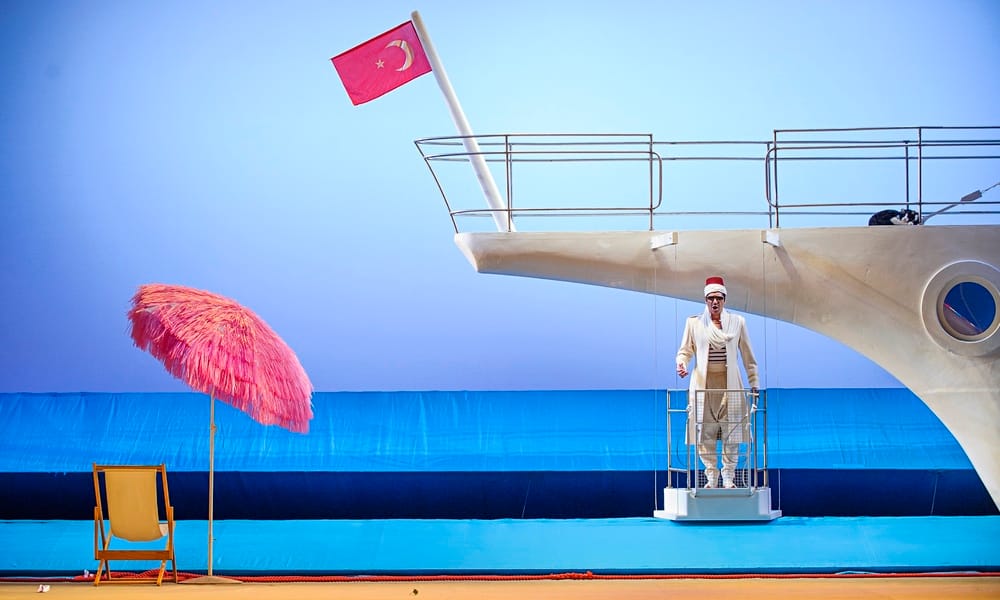
It would be understandable if a comic opera about a love triangle – featuring a randy Turkish prince, a doddering old man, and his unfaithful young wife – struggled to be relevant. Throw in a few jokes about Gypsies, the inconstancy of women, and old men falling into plates of spaghetti and it turns into an unpalatable cocktail of racism, sexism and slapstick comedy.
Of course, there is a but. Somehow, this Rossini opera wasn’t an operatic version of the Daily Mail. Somehow, it managed to re-stage 200 year old jokes and make them genuinely funny for a modern audience. Not fake, high-brow, isn’t-this-culturally-enriching type funny – but pure, real laugh-out-loud funny. For a repertoire opera that is a real achievement.
Il Turco in Italia centres around a love triangle that turns into a love pentagon as the story evolves. A handsome Turkish prince, Salim, visits Italy on holiday and catches the eye of a local beauty, Fiorella. He thinks she’s majorly hot stuff, and they hit it off. Obviously Fiorella is married to a naïve sugar-daddy style husband who’s not too happy about it all. He teams up with Fiorella’s Elvis-esque ex-lover (complete with yellow bomber jacket and turquoise Vespa) to stop the “Turk” getting too cosy with their girl. Conveniently, Selim’s spurned former-fiancé, now travelling around with a band of gypsies, is also on hand to add to the farcical love tangle.
Overshadowed by Rossini’s most famous comic opera,_ The Barber of Seville_, this performance rarely gets put on, and the Royal Opera House’s production (which premiered in 2005) is an exception. Its success lies in adding an extra layer of comedy to the opera. Originally aimed at 18th century Italians, the libretto is peppered with nationalistic speeches and jokes at the expense of women, foreigners, and Travellers. By staging the piece in a stylised 60s Italy, the production allows the audience to laugh at a stereotypical image of Italy, and thus makes the other jokes ok too. Suddenly having a giggle about the sexual benefits of harems or the stealing habits of gypsies is fine, because after all you’ve just had a laugh about a giant pizza, an overdressed Italian dandy, and an old man sparring with a forkful of spaghetti (this actually happened. An extra reason to get yourself a ticket for this!). It’s simple but it’s genius, a revelation for the many musically beautiful but non-PC operas which fill theatres every year. The usual tactic is to tone down the insalubrious jokes at the expense of the public’s entertainment (The Royal Opera House’s_ Magic Flute_, from earlier this season, is an example in kind), contributing to the perception that opera is for boring old farts.
Patrice Courier and Moshe Leiser’s clever directing is supported by a fantastic cast, who don’t seem to be too dignified to be comic actors as well as world-class opera singers. The leads are all incredibly real, believable people, achieving comedy while escaping the one-dimensionality which often tarnishes farcical theatre. Fiorella (Alekzandra Kurzac) and Selim (Ildebrando D’Arcangelo) are also a beautiful soprano and bass respectively, and make a musically balanced pair. The staging is so colourful and sunny that you’ll almost get a suntan by sitting in your seat – think pink beach umbrellas, palm trees and stylised landscapes in bright, bold colours.
This is real comic opera, an ‘opera buffa’ as it was originally conceived. The set is minimal and modern, the directors’ have taken some liberty with the jokes, and the costumes aren’t a faithful reproduction of the historical style. But the audience’s laughter rang out throughout as it would have on its first night, in 1814. So three cheers for the Royal Opera House, and down with the boring old farts.
Il Turco in Italia ran at the ROH ultil 27th April.


